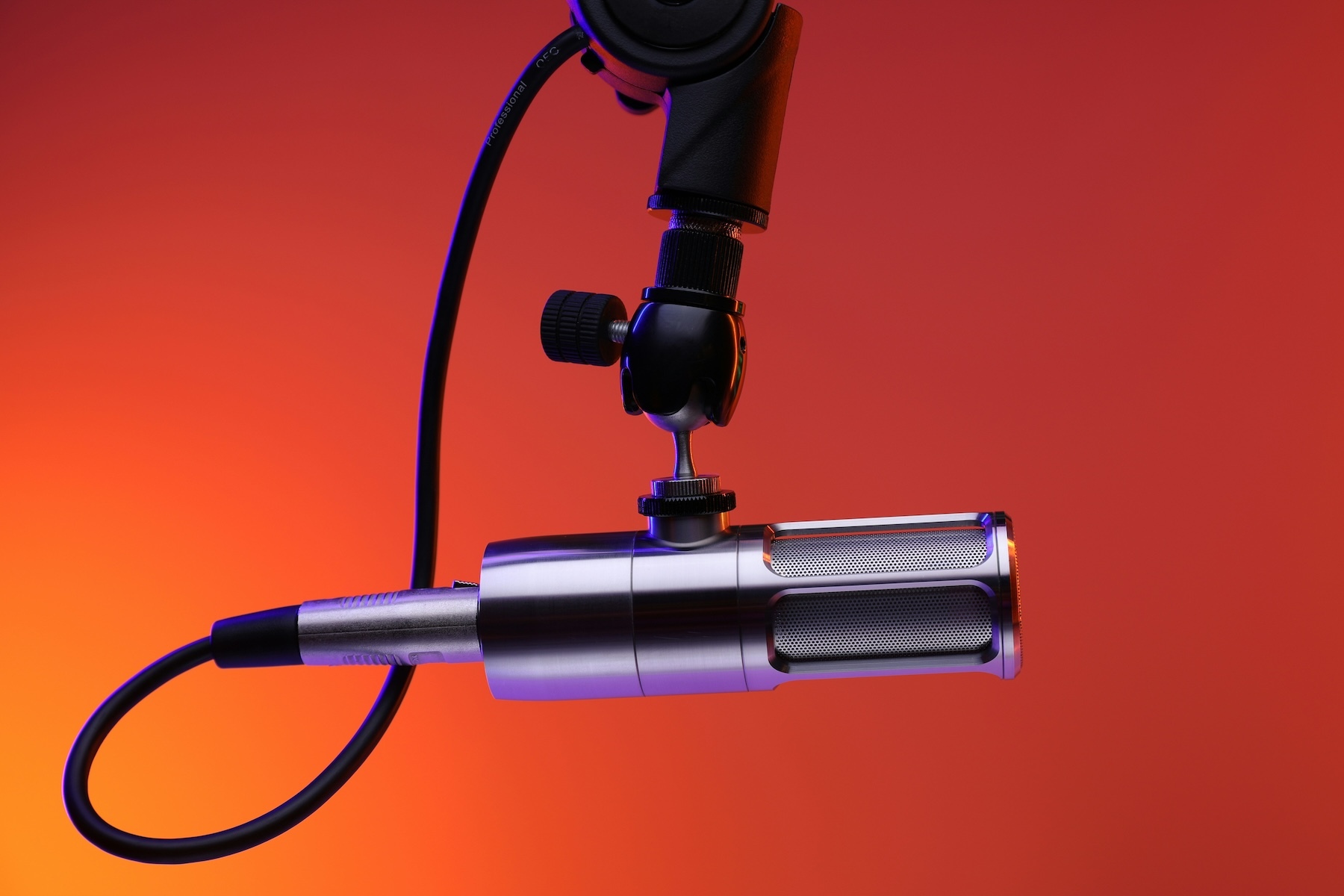[…] being able to say, “wherever you get your podcasts” is a radical statement. Because what it represents is the triumph of exactly the kind of technology that’s supposed to be impossible: open, empowering tech that’s not owned by any one company, that can’t be controlled by any one company, and that allows people to have ownership over their work and their relationship with their audience.
What podcasting holds in the promise of its open format is the proof that an open web can still thrive and be relevant, that it can inspire new systems that are similarly open to take root and grow.



Podcast Addict and Podcast Republic ftw!
not so fun fact: both of these apps actually just search iTunes
this whole article feels misleading to me. platforms where you can search for things by name without specifying who published it, cannot exist unless one (or a small handful) of organizations does all of the publishing. not unless search engines communicate with each other – and since apple is one of the major players I can promise you they do not.
let’s face it. 99% of podcasters use a monthly paid service that hosts their media files and submits them to the small handful of podcast search engines that exist, maybe even gives them a boost in the algorithm or whatever, and which could delete them at any moment should the podcaster stop paying. the only people who want to think about technology less than creators are consumers. approximately 0% of podcast listeners even know what an RSS feed is. if you don’t like Apple (or worse, they don’t like you), and people have to find the setting to paste a URL into their podcast app to listen to your podcast, an even smaller percentage of no one will listen to it than otherwise would have. “find us wherever you get your podcasts” is just a fancy way of saying “get to our website by googling our company name” (which more and more companies are doing in their ads). if you become someone Google doesn’t want to appear in their results, or you’re not big enough for google to notice you exist, your dream is over before it starts.
I’m honestly baffled how anyone can talk about the world of public podcasts being open and radical when they’re like one industry cooperation away from supporting DRM.
also antennapod ftw.